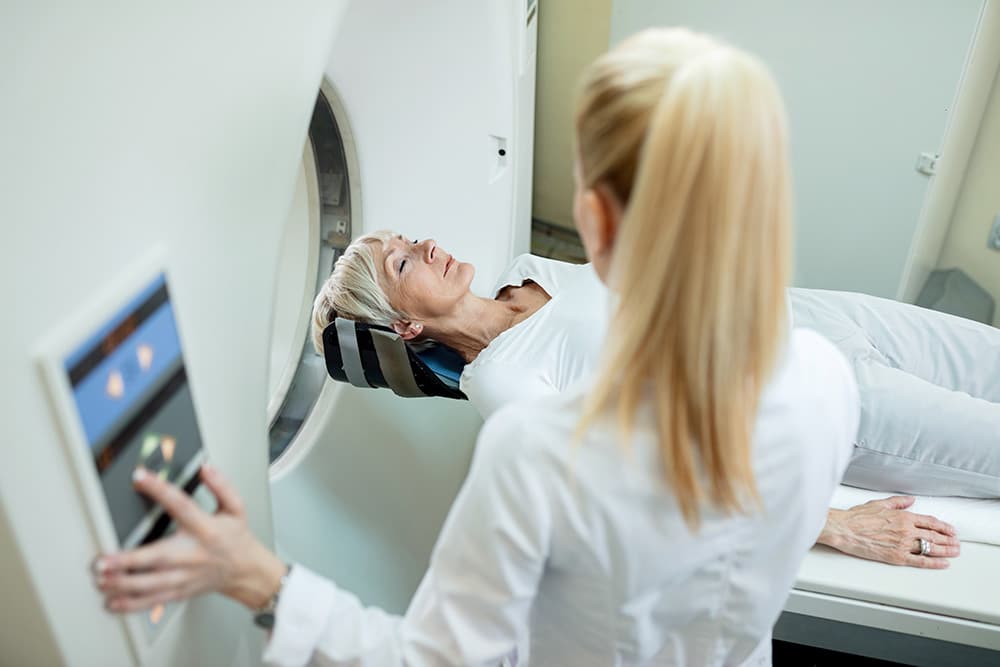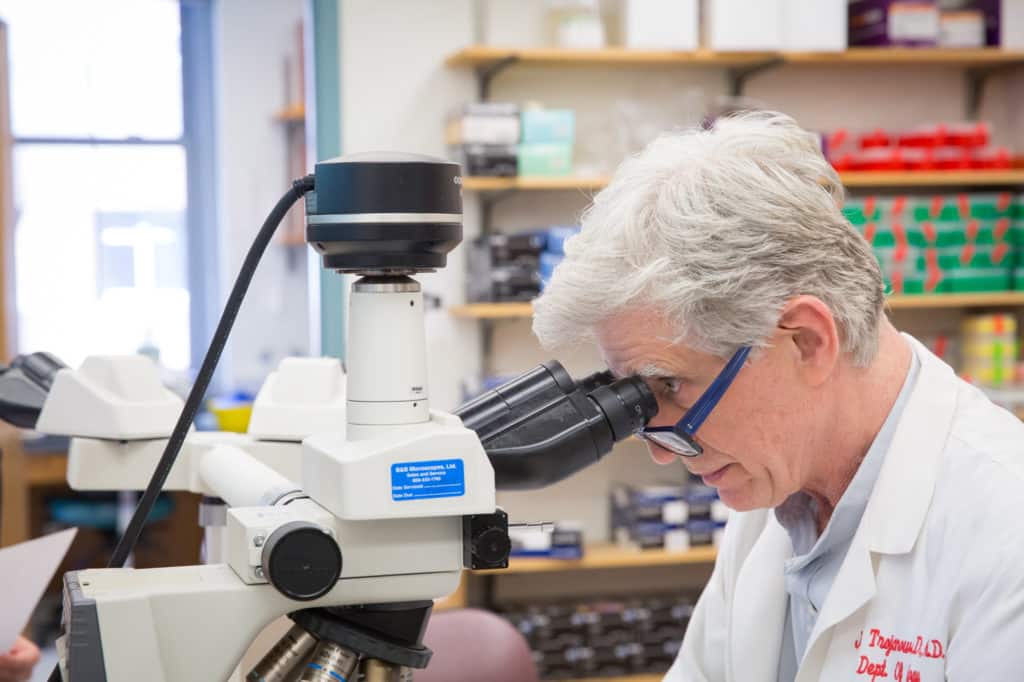The outbreak of the novel coronavirus (COVID-19) has created a unique public health challenge, especially for those among and in contact with vulnerable populations such as older adults and those living with cognitive impairment.
Penn Medicine has issued guidelines to clinicians and staff to reduce risk and maintain a safe clinical environment. University of Pennsylvania faculty and staff have been advised to avoid international travel and large events and to practice “social distancing” to mitigate the spread of the virus. The university also took the unique step of moving classes online for the remainder of the semester.
To that effect, Penn Memory Center is postponing all non-clinical activities and most research visits. Programs such as the Memory Café, Cognitive Comedy, Dance for Health, the Empowering Caregivers series, the Time Out Respite Care program, group counseling sessions, support groups, outreach events, and the Caregiver Class will be postponed until further notice as officials monitor the effect of COVID-19 in the area.
Until March 31, most research visits, including those in the ABC Study, will be rescheduled. Those with scheduled research and clinical visits will be contacted individually by PMC staff. The A4 and Pegasus studies will continue as planned. If you have traveled recently or have been in contact with a sick individual, you may be asked to reschedule your visit. If these study visits are cancelled, participants will be contacted individually by PMC staff. We will continue to evaluate the status of our clinic and research studies up to and beyond March 31.
Meanwhile, you can help prevent the spread of COVID-19 by following recommendations similar to those for preventing the common cold and flu, notably:
- Wash hands thoroughly for at least 20 seconds
- Stay home when you are not feeling well
- Cough and sneeze into your elbow and avoid touching your eyes, nose, and mouth
- Shower when coming home from work and launder your work clothes
- Avoid large gatherings that place you in close contact with other people
Thank you for your understanding in this matter. This is a developing outbreak, and we will keep you informed as best we can. Together, we can protect ourselves and those we care for.







